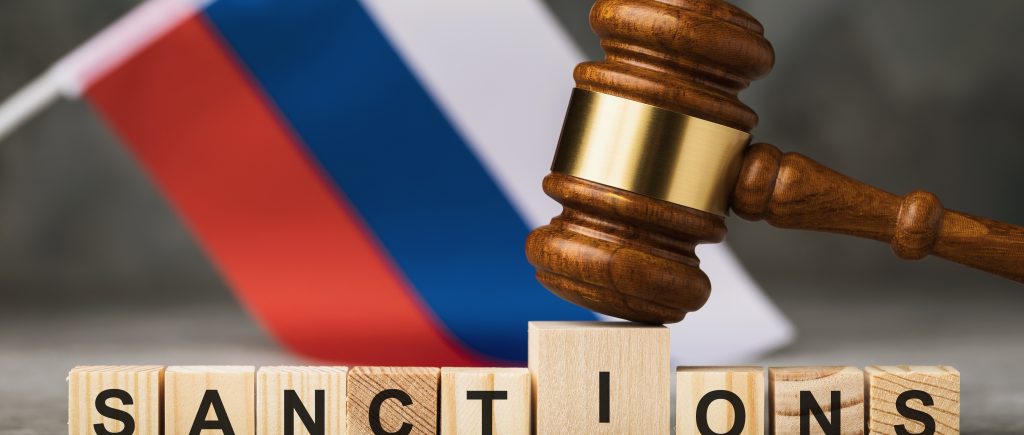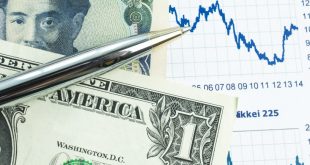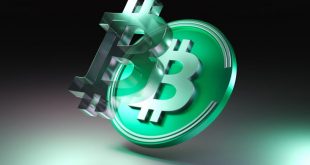European Central Bank Governing Council member Mario Centeno said on Wednesday that the Russo-Ukraine war could lead to a stagflation scenario depending on the duration of the conflict and the European response.
The exclusion of the Russian economic area via sanctions will have a devastating impact on Russia’s economy, Centeno added.
Beyond sanctions, companies leaving Russia will have an “important effect” on the economy, he noted.
Centeno warned that Russia’s invasion of Ukraine could lead to a combination of low growth and high inflation, known as stagflation, in Europe.
“There are stagflation scenarios in front of us,” he said at an event in Lisbon. “It will obviously depend on the duration of the conflict and the more or less concerted response (in fiscal policy) of the Europeans.”
In response to the invasion, the United States, Britain, European Union and Canada have imposed a wave of punishing sanctions on Russia, including freezing its Central Bank reserves and blocking several banks from the SWIFT international payment system.
Centeno said the various punitive measures would likely have a “devastating impact” on Russia’s economy that would be exacerbated by the departure of several large companies.
The war in Ukraine has disrupted the ECB’s plans to prepare markets for a further curb to stimulus measures at its March 10 meeting due to mounting price pressures.
While war is likely to boost prices above all forecasts this year, it will weigh on growth and inflation in the longer term, a horizon that is more relevant for the central bank.
Inflation in the 19 countries sharing the euro accelerated to 5.8% from 5.1% in January, more than twice the ECB’s 2% target, data from Eurostat showed on Wednesday.

 Noor Trends News, Technical Analysis, Educational Tools and Recommendations
Noor Trends News, Technical Analysis, Educational Tools and Recommendations




